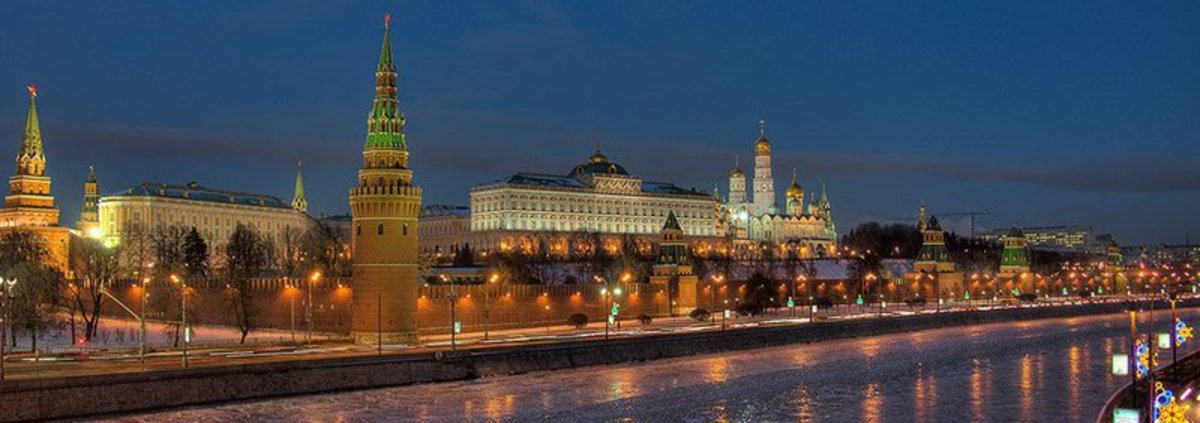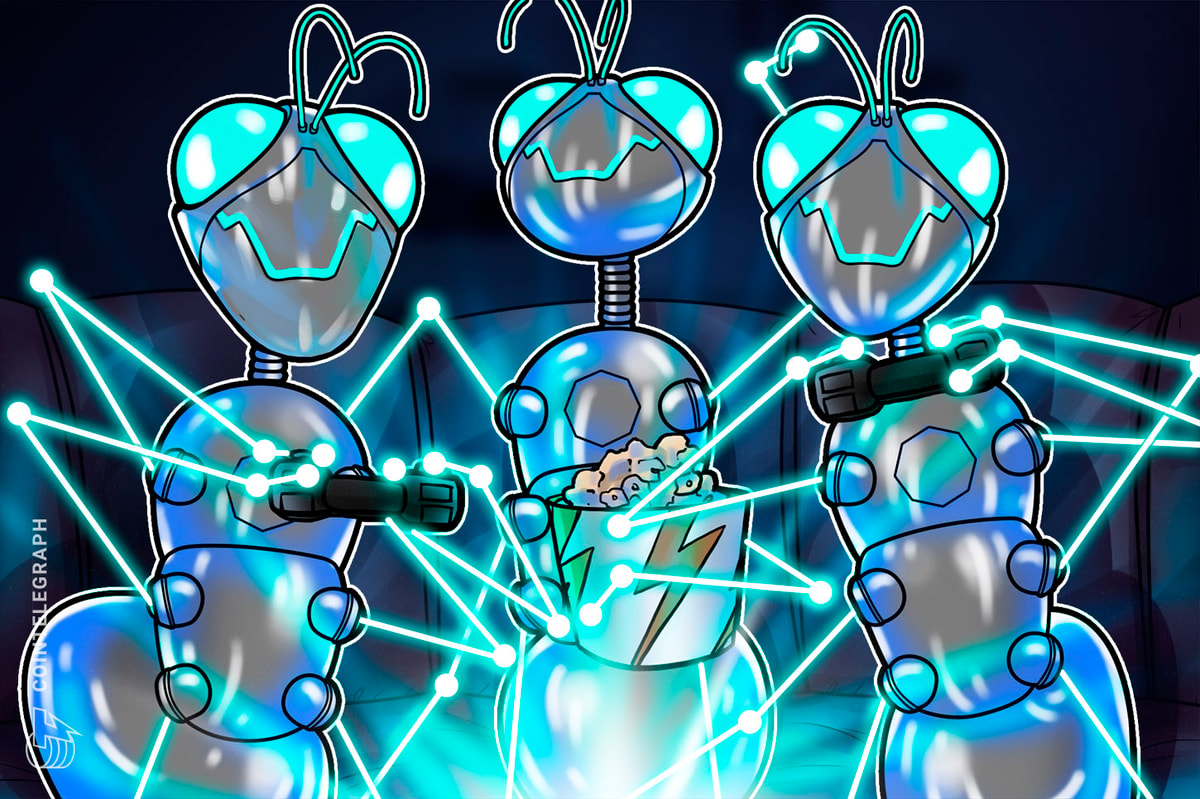
According to information provided last week to the Russian newspaper Izvestia, the Russian Central Bank will meet with representatives of the financial community to establish a position on Bitcoin and cryptocurrencies in general.
A source close to the Bank of Russia toldIzvestia that the governor might be open to cryptocurrency and that the central bank may allow, and regulate, some Bitcoin activities, specifically transfers, payments, and settlements between users.
Elvira Nabiullina, governor of the Russian Central Bank, provided clarifications on the position of the central bank on Bitcoin in an interview with CNBC.
Asked whether she could see a time in the near future where the central bank might be looking to hold any reserves of bitcoin or authorize the use of bitcoin in Russia as a legitimate currency of exchange, Nabiullina gave a cautiously open-minded reply.
“So far I can't imagine a situation where bitcoins would be considered a reserve currency, but we are looking at how this market is developing, we are noting certain risks there and we've informed the market players that we identify these risks, and because there are many representatives in that particular sector that could be resorted to some dubious operations and transactions,” Nabiullina said. “You know the kind of policy we conduct about dubious transactions, but we are watching over the development of this market and see that for consumers there are certain attractions in bitcoin's mobility, expediency, low cost, so this is something definitely the market will be welcoming so we will be watching with attention and, if necessary, regulate it.”
Nabiullina discussed many other current issues relevant to global and European financial markets, including the possibility of Grexit – the exit of Greece from the eurozone and perhaps even from the European Union. As recently noted by Bitcoin Magazine, such a possibility might have a significant impact on digital currencies.
“We do consider [Grexit] as one of possible risks which would increase turbulence in the financial markets in the European market, bearing in mind the fact the European Union is one of major trading partners, and we are definitely worried by it,” Nabiullina said. “There will be possible consequences. And there is a possibility of this kind of sentiment becoming stronger, which could reduce the rate of the development of the recovery of the European economy, and bring down the demand for our products.”
Nabiullina declined to speculate on the likelihood of Grexit.In reply to a direct question, Nabiullina commented on the actions taken by the central bank to stabilize the Russian currency, such as rising interest rates, and finally, and win the battle against the speculators. “In order to stabilize [the currency], we had to apply a comprehensive set of measures – some of them being very unpopular, such as raising an interest rate,” she said. “The situation in the market gradually is stabilizing. But at the same time we were facing, you know, huge objectives to reduce inflation. Our objective is to reduce it down to 4 percent.”










